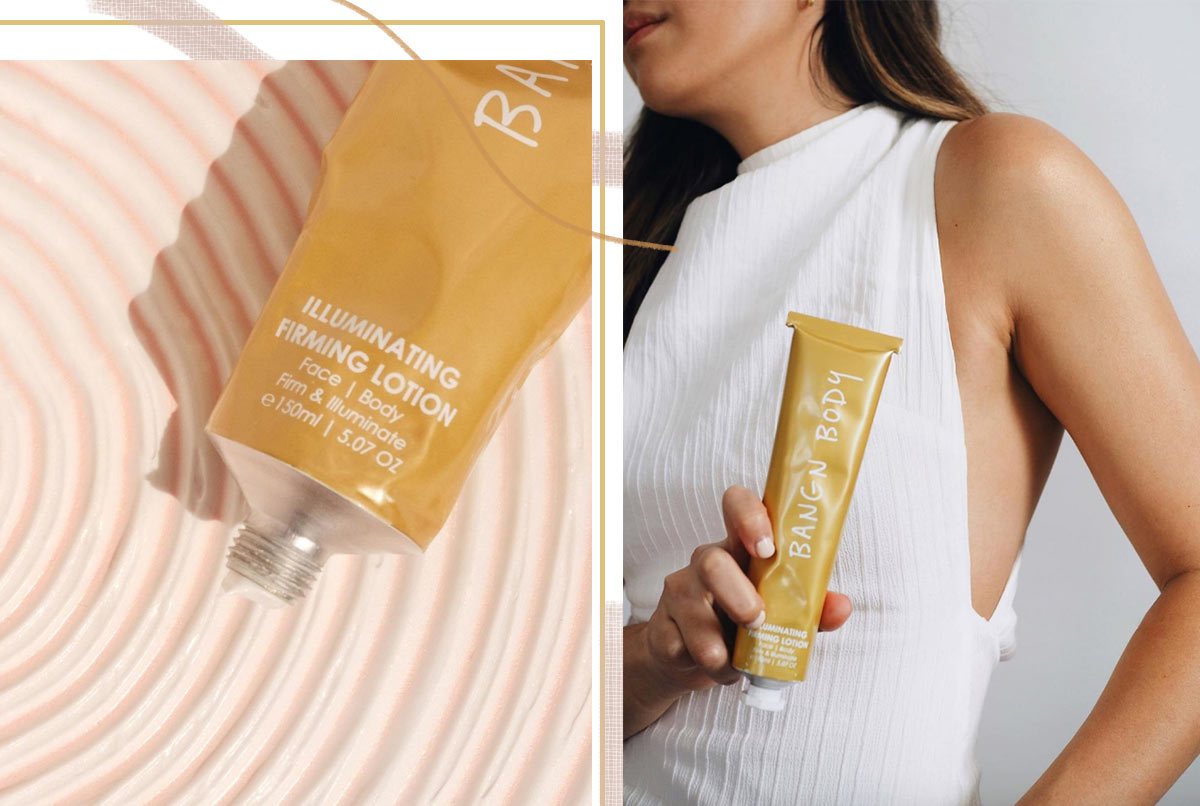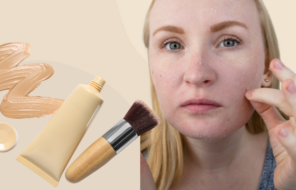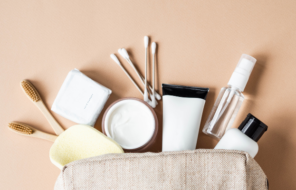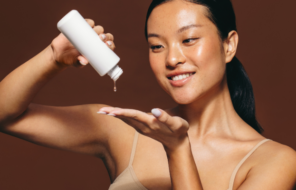What’s your favorite body moisturizer? From lotions to body butters, we love a good body moisturizer. However, not all moisturizing products are the same. Some are lighter, others are thicker, and they can include all kinds of different ingredients. So how will you choose the best body moisturizer for your skin?
Finding the best product will depend on your unique needs. Is your skin prone to dryness and irritation, or do you get oily and suffer from breakouts easily? We’ve put together this guide to help you figure out which body moisturizers will work best for you.
First, we’ll cover the main types of body moisturizers. Then, we’ll give suggestions based on the most important factors, including skin type, individual concerns, and more.
In this article:
- The Main Types of Body Moisturizers
- Choosing the Best Body Moisturizer for Your Skin
- Skin Concerns to Consider
- Other Factors to Consider
The Main Types of Body Moisturizers
We’ve discussed this topic in detail in the past, so here’s a quick summary of the main types of body moisturizers and how they differ from one another.
Body Lotions
Body lotions are light and hydrating. They contain a lot of water, so they sink into the skin quickly and combat dehydration with ease. They’re very low on oils, plant butters, or other ingredients that’ll make the skin feel greasy, but this also means that they’re not great when it comes to creating a protective seal for preventing water from evaporating from the skin.
Body Creams
Body creams are probably the most common category of body moisturizers. They’re a little thicker than lotions, but they still contain a good amount of water. They offer a blend of hydration thanks to water and humectants and moisture-binding effects thanks to oils and emollients. They’re a fantastic choice, although a rare few might find them to be a little heavy or greasy.
Body Butters
Body butters are the thickest of the body moisturizers. They’re often made without any water – just oils and plant butters. Because of that, they do a powerful job of binding moisture into the skin, but they’re not hydrating on their own. Some brands do have body butters that also include water and humectants, in which case, they’re more like thick creams.
Read Next: What Is Body Butter and Why Do You Need It?
Body Oils
Similar to butters, body oils are also made without water. They’re actually very simple since they’re just a blend of different oils or oil-like emollients. They’re fluid, and they often leave a bit of a sheen on the skin. They can be a little greasy for some, while others swear by them.
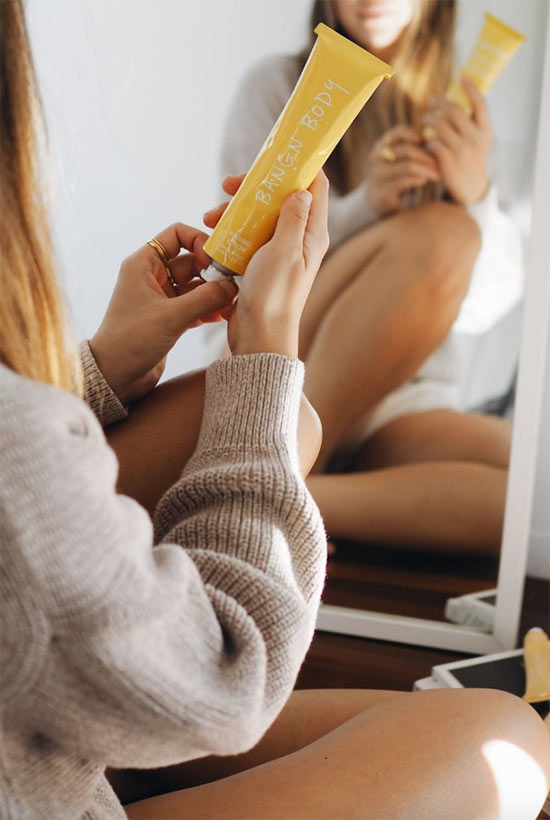
Choosing the Best Body Moisturizer for Your Skin
The first consideration you should have when choosing a body moisturizer is whether its texture will fit with your body’s oil production and moisture levels. Most of us are familiar with our facial skin type, but the skin type on our body doesn’t always match, nor is it always as obvious.
In general, the body tends to produce oil in a more stable way than the face, so it’s less prone to extreme dryness or extreme oiliness. However, some still experience more severe dryness, especially in areas like the elbows or knees. Others find that their skin gets oily, especially on the back or chest.
These are our recommendations based on skin types, but later on, we’ll cover other factors that should figure into your selection process.
Normal Skin
If you have normal skin, you’re probably not dealing with any serious skin concerns. Maybe your skin gets a little dry after the shower, but otherwise, you just want to maintain the softness of your skin and prevent dryness.
Body creams are best for normal skin because they offer the perfect combination of moisture-attracting and moisture-sealing ingredients. You can switch to a lighter lotion in the summer if creams feel too heavy, or you can try body butter on top of your cream if things get dry in winter.
Read Next: How to Use Your Body Lotion or Cream
Dry Skin
For those dealing with dry skin that gets chapped, tight, or flaky, a body moisturizer is a must. For day-to-day, a body cream is best because it’ll restore your skin barrier with its emollient ingredients while also helping to combat dehydration with moisture-attracting humectants like glycerin.
If you’re coming straight out of a shower, body butter might be better, however, since your skin will already be saturated with water, and you’ll just want those moisture-locking effects.
To really take things to the next level, you can try to layer your body moisturizers, just as you would your skincare. Apply a lotion or cream first, and then top it with a body butter or body oil to seal everything in.
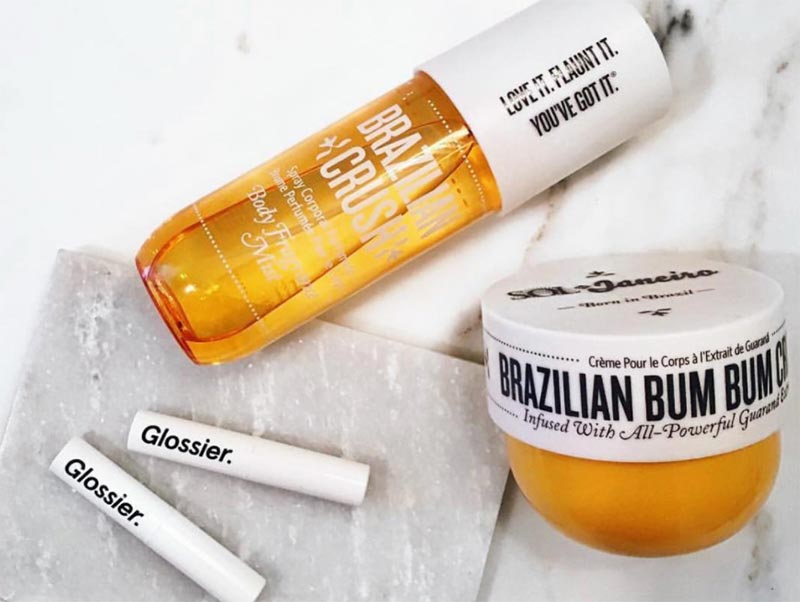
Oily Skin
If the skin on your body tends to get quite oily, and you rarely suffer from dry patches, you’ll want to look for lighter body moisturizers. Contrary to popular belief, however, you’ll still want to moisturize since your skin can still be dehydration-prone.
Your skin won’t need its oils replenished, but it could benefit from the dose of water and humectants that are so plentiful in body lotions. Since body lotions are so light, you should find their texture quite pleasant, and they won’t make you feel too oily. If needed, you could also use body creams in the winter, when even the oiliest skin can get a little parched.
However, you should avoid body butters, which can be quite greasy on oily skin. Body oils might be okay, as long as you choose formulas that feel silky rather than oily or greasy.
Skin Concerns to Consider
Beyond just your skin type, you might also want to think about your skin’s more specific needs and your personal concern. The body is not immune to different skin conditions, and a body moisturizer can be part of your treatment plan.
Body Acne
For some, body acne is a bigger problem than acne on the face. It usually shows up on the chest or back, but some can also experience acne on other parts of their body. Just as on the face, it can manifest as blackheads, whiteheads, small red pimples, or deeper cysts.
If you suffer from body acne, you’ll want to avoid heavy or potentially comedogenic body creams with a lot of oils or plant butters. What causes acne can differ from person to person, and some oils are non-comedogenic. However, in general, light lotions advertised as “non-comedogenic” or “oil-free” are less likely to make breakouts worse.
Beyond that, you can even look for body lotions formulated with specific acne-fighting ingredients, like salicylic acid, glycolic acid, or tea tree oil. Alternatively, you can treat the body acne separately with a treatment or medicated body wash, and then choose a light, hydrating lotion with soothing ingredients that’ll calm down the redness, like green tea or chamomile.
Read Next: Body Cream vs. Body Lotion vs. Body Butter & Oil
Eczema and Sensitive Skin
If your skin just gets irritated easily, or you have a specific skin condition like eczema, then you’ll want an extra-gentle lotion that’s free from potential irritants. Look for body creams and lotions that have been recognized by the National Eczema Association and similar organizations that verify mildness.
Irritating ingredients can differ from person to person, so it’s important that you learn to recognize your individual triggers. In general, you will likely want to avoid fragrances and essential oils, as well. You’ll also want to skip skin-resurfacing ingredients like glycolic acid, especially if you’re going to be using the moisturizer on a daily basis.
If you find that specific ingredients can help soothe your skin, like centella asiatica, green tea, or CBD, that’s great! However, just the simple act of moisturizing can help fortify sensitive skin, and when in doubt, look for mild formulas.
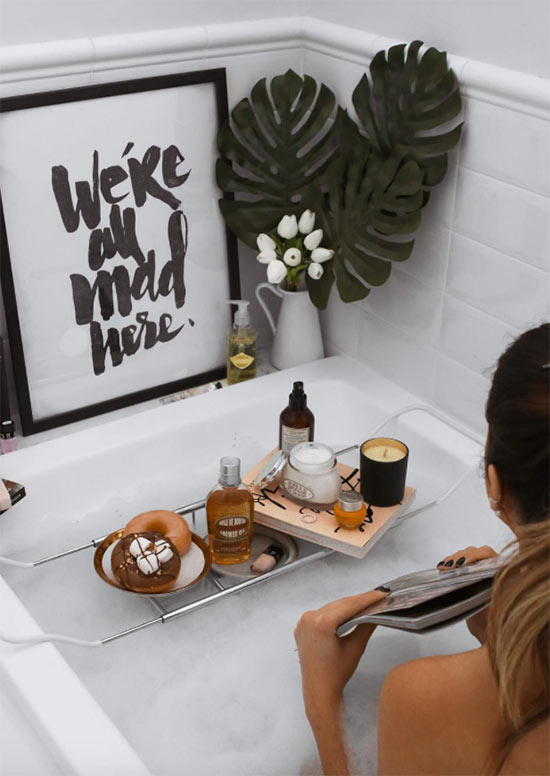
Hyperpigmentation and Photodamage
Excessive sun exposure is the main external factor that leads to pigmentation and premature aging. While we usually notice it affecting the face, it can also leave its mark on the body. If you’d like to address visible signs of aging or sunspots, your body lotion can help.
The best way to deal with photodamage is by choosing a lotion or cream that includes skin-renewing ingredients. Glycolic acid and retinol are both great choices that help address both pigmentation and other signs of premature aging.
If you’re mostly just concerned about pigmentation, vitamin C is another helpful ingredient to look for, although it’s rare to find it in body lotions, and you’ll likely need a specific treatment or serum.
If your main concern is preventing signs of premature aging, you’ll need to use sunscreen every time your skin is exposed to the sun, of course. Beyond that, look for body creams rich in vitamins, antioxidants, plant oils, and peptides.
Keratosis Pilaris
Keratosis pilaris (KP) is a common skin condition that usually affects the upper arms and thighs. It’s sometimes called “chicken skin” because it looks like small bumps all over the skin. The bumps are the result of increased keratin production in the skin, which ends up clogging the hair follicles like a small whitehead.
Body lotions and creams are important for keratosis pilaris treatment because by keeping the skin moisturized, the redness associated with it can be reduced. Body lotions with exfoliant ingredients are even better, though, because they can unclog the follicles and smooth out the bumps. If you have KP, look for lotions with glycolic acid, salicylic acid, or 10%-30% urea.
Other Factors to Consider
Beyond your skin type and concerns, here are a few other factors worth considering when choosing the right body moisturizer.
Weather
The weather has a huge impact on our skin. Dry, arid climates where the air lacks moisture can increase dehydration, while very moist environments can keep the skin hydrated but can also make everything feel sticky.
In general, winter tends to make things drier, so you’ll want to use a heavier cream or body butter, especially if your skin has been chapped by the wind. In summer, since dryness is less of an issue, you will likely want to use a light, hydrating lotion or cream, although some enjoy using dry-feeling body oils for a touch of glow.
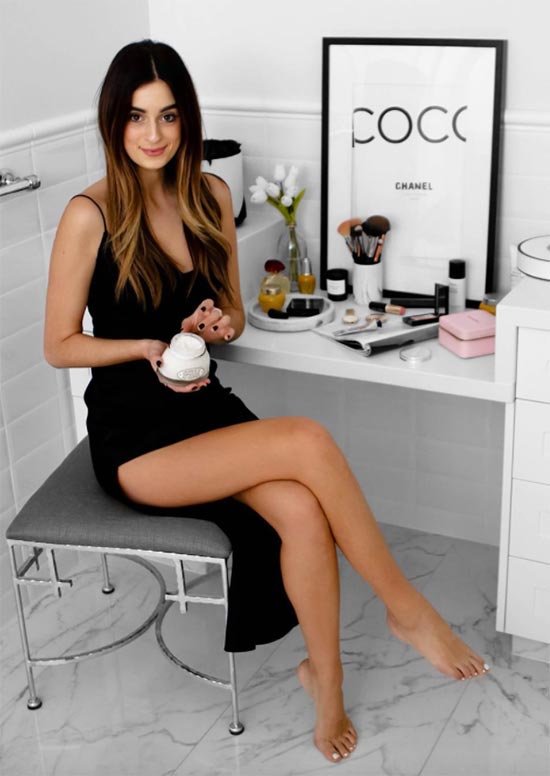
Your Showering Habits
From the type of body wash you use to the temperature of your shower, your bathing habits have a huge impact on how much moisture your skin needs.
Hot water and soaps or body washes that foam up a lot can be quite drying to the skin, for example. If you can’t resist them, it’s important to moisturize immediately after your shower, either with a double dose of hydration lotion followed by an occlusive body butter or with a rich cream.
On the other hand, if you shower in cool water using a very gentle, creamy body wash (or even a cleansing body oil), then just a light lotion may suffice, even if you have dry skin. In general, it’s important that you always moisturize within a few minutes of getting out of the shower. That’s the time when your skin is most fully saturated with water, which your moisturizer will help lock into place.
Read Next: How to Make Body Butter at Home? DIY Body Butter Recipes
Sensory Preferences
The best body moisturizer is the one you’ll enjoy using. Some people have specific sensory requirements, and they differ from person to person. For example, if you don’t like feeling damp, a very hydrating but light lotion might still feel weird. On the other hand, if you don’t mind dampness but can’t stand a greasy feeling, then body butter won’t be for you.
In general, if you’re not sure, it’s best to start with a light lotion, which tends to disappear into the skin the most quickly. If that still doesn’t work for you, you can try other options like dry body oils or velvety, silicone-based creams.
Different Body Parts
Every once in a while, one body part may need more attention, while another one might need less. For example, in winter, you might find that your hands or feet get very dry and that they need an extra-rich cream, even if the rest of your body is happy with a body lotion.
On the other hand, if you deal with breakouts only on your chest and back, you might want to use an anti-acne body lotion only on those acne-prone parts while using a regular cream everywhere else. Don’t be afraid of treating each part of your body slightly differently based on its needs.
Photos via @bangn.body, @nrahmichelle, Instagram

